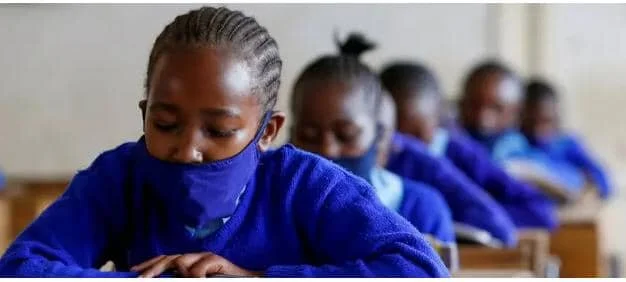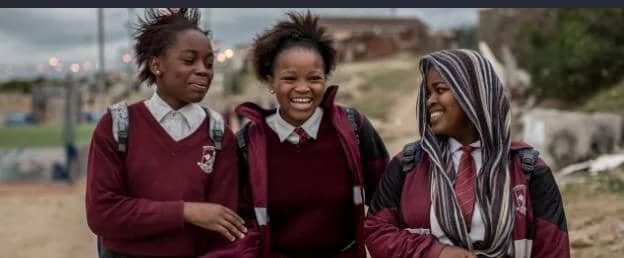It is incontrovertible that the peace and security challenges experienced in Africa from the 1990s put continental and international attention on the key roles played by young men and women in episodes of armed conflict and insecurity. Successive wars and violations of formal peace agreements and processes across the continent further heightened the attention and concern of policy institutions to the participation of youth in armed conflicts and violence. Across the divide, young people continue to constitute the core of combatants, while also representing a significant number of those affected by armed conflicts, violent extremism, banditry, violent protests and gender-based violence in Africa. For instance, in addition to disruption of education and youth-sensitive socio-economic activities, “estimates of direct conflict deaths in 2015 suggest that more than 90 percent of all casualties involved young males.”
Young People Championing Post Pandemic Futures | Policy Recommendations From The Youth Cafe
During these unprecedented times, it is more important than ever that governments, policymakers, academics, business leaders and civil society come together to find innovative ways of supporting communities and providing hope to younger generations. The pandemic has further highlighted and exacerbated the existing inequalities in our societies, with respect to access to resources, information and power dynamics. Children and young people are among the hardest hit; girls and young women in particular have been disproportionately impacted.
The Youth Café At The Voluntary National Review-Voluntary Local Review Workshop.
Voluntary National Review is a strategy based on the 2030 Agenda: Member states to "conduct regular and inclusive reviews of progress at the national and sub-national levels, which are country-led and country-driven. Like the 2030 Agenda of participation, The Youth Café strives for global connection, has reached over 72 countries, and is a local and national rope for achieving goals. The Youth Cafés principles are a call to action for governments, civil societies, private and public sectors, bi- and multilateral, and knowledge institutions. To invest in mutual prospects and work in partnership for sustainable development.
Businesses Are Critical Partners In Advancing Girls’ Education. Here Is Why
In a recent dialogue on girls’ education, hosted by GPE and the UK’s Foreign, Commonwealth, and Development Office, Ministers of Education from GPE partner countries and business executives from major regional and global companies came together to discuss how the business community’s initiatives around girls’ education could be aligned to national education priorities.
Our Commitment: Giving Girls In East And Southern Africa A Voice And Securing Their Future
The East and Southern African Commitment has been an essential regional framework to ensure the two key Ministries coordinate their commitment to adolescent sexual and reproductive health and rights more efficiently while including other line Ministries, such as social affairs, gender and youth, as well as young people and civil society organizations, to deliver comprehensive sexuality education in and out of schools.






